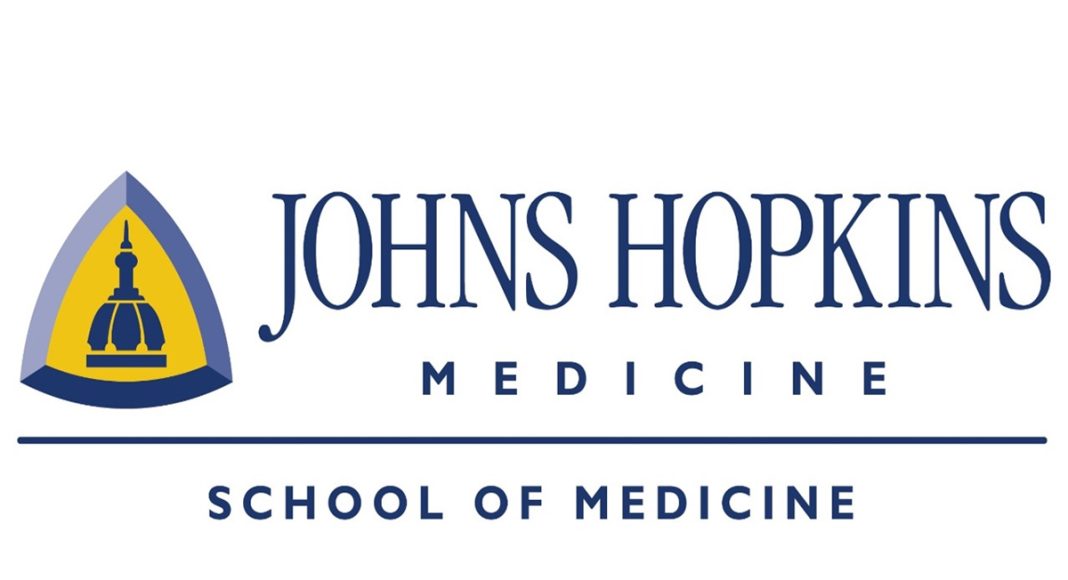The Division of Neuropathology is a cornerstone of the Department of Pathology at the Johns Hopkins University School of Medicine, with its historical championing of human clinical neuropathology and large and small animal models of human neuropathology
More recently, the Division of Neuropathology has embraced human induced pluripotent stem cell and embryonic stem cell models of human neurological disease and injury using genome-editing technology such as CRISPR.
Its founding Director (Dr. Donald L. Price) was involved in the discovery of the loss of neurons in the magnocellular basal forebrain nucleus basalis of Meynert as a mechanism of cognitive decline in patients with Alzheimer’s disease and helped lay the foundation for the cholinergic hypothesis of Alzheimer’s disease and the first drug therapeutic for Alzheimer’s disease.
Pathobiology Ph.D. graduate training program
The Pathobiology Ph.D. graduate training program is an integral education component of the Department of Pathology. Our mission is to educate young scientists in basic translational research in human pathology. Pathobiology trainees effectively bridge molecular and cell biology with clinically relevant biological science and pathological biology. The program emphasizes human-relevant basic science mechanisms of aging, disease, injury, and therapeutic strategies.
Pathobiology students can pursue Ph.D. training in a broad array of clinically important human diseases, including hematological, gynecological, genitourinary, gastrointestinal and brain cancers, heart and cerebrovascular disease, neurodegenerative disease (Alzheimer’s disease, Parkinson’s disease, and amyotrophic lateral sclerosis), acquired brain and spinal cord injury (cerebral hypoxia-ischemia, stroke, traumatic injury), immunopathology, autoimmune disease, infectious disease, bone disease, tissue repair, and cell death.
The Pathobiology program goal is to train independent, critical-thinking, creative, collaborative, and culturally diverse next-generation PhD scientists for careers in biomedicine that address important global human health needs through academia, industry, and entrepreneurship.


